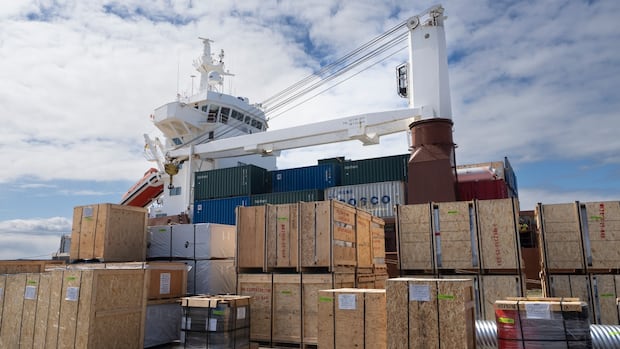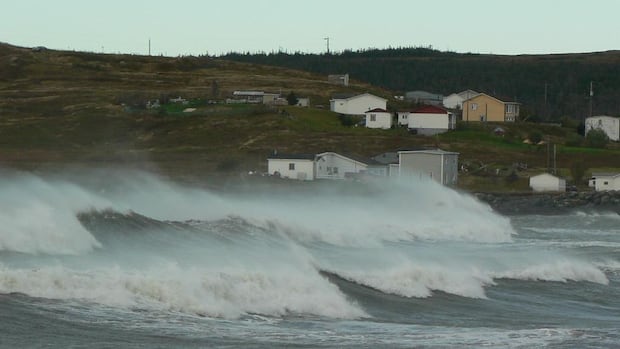The chair of the board of directors of the Trans Mountain Corporation will be the CEO of Prime Minister Mark Carney’s Major Projects Office, according to a senior government source.
Dawn Farrell, who oversaw the completion of the Trans Mountain pipeline expansion as its CEO before chairing the board, is expected to be announced today when the Major Projects Office is formally rolled out.
“The government and the prime minister were looking for someone with experience in carrying out large, complex projects involving several provinces, and who was able to navigate a regulatory environment,” a source with knowledge of Farrell’s appointment told Radio-Canada Friday.
The move is likely to help Carney strengthen ties between Ottawa and Alberta as the province’s premier, Danielle Smith, is reported to have a good relationship with Farrell, according to a source that spoke to Radio-Canada.
Farrell has almost four decades of experience in the energy industry, having served as an executive vice president for the British Columbia Hydro and Power Authority and CEO of TransAlta, one of Canada’s largest wind power producers, before taking up her role as Trans Mountain board chair in 2022.
Bill C-5, Carney’s promised legislation to speed up approvals for major infrastructure projects identified as being “nation-building,” passed through Parliament in June.
The second half of the bill, the Building Canada Act, enables the federal cabinet to pick projects, approve them upfront and override federal laws, environmental reviews and the permitting process.
The legislation also speeds approval times from five years to two by introducing a “one-project, one-review” approach instead of having federal and provincial approval processes happen sequentially.
The office will be the central place to make pitches or deliver complaints or express concerns about projects. CBC News has learned that not all projects approved by the Calgary-based office will necessarily get federal financing.
Ports in Montreal, Churchill
Earlier this week while on a trip to Germany, Carney said some of the nation building projects that might be approved first could include new port infrastructure in Churchill, Man., and Montreal.
Carney’s comments about the northern Manitoba site came as he said the federal government will spend half a trillion dollars on infrastructure projects, ranging from energy to ports to intelligence.
“A number of those investments, the first of which we will be formally announcing in the next two weeks, are with respect to new port infrastructure,” Carney said Tuesday.
“Some of the examples in the public domain will include reinforcing and building on the Port Of Montreal, Contrecoeur; a new port, effectively, in Churchill, Manitoba, which would open up enormous LNG [liquified natural gas] plus other opportunities; and other East Coast ports for those critical metals and minerals,” Carney added Tuesday.
The Port of Churchill, which is one of Canada’s northernmost deepwater ports and has a brief operational window each summer, is owned and operated by Arctic Gateway Group, a partnership of dozens of First Nations and Hudson Bay communities. It’s the only deepwater port with Arctic Ocean access in North America that’s also accessible by rail.







